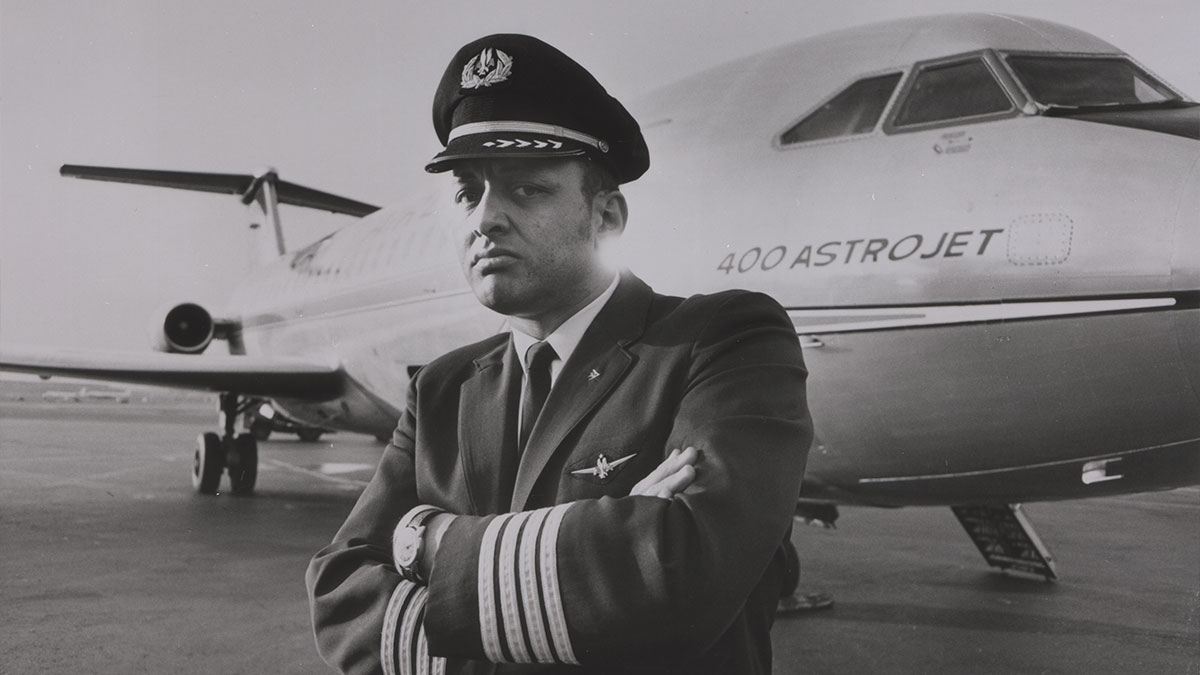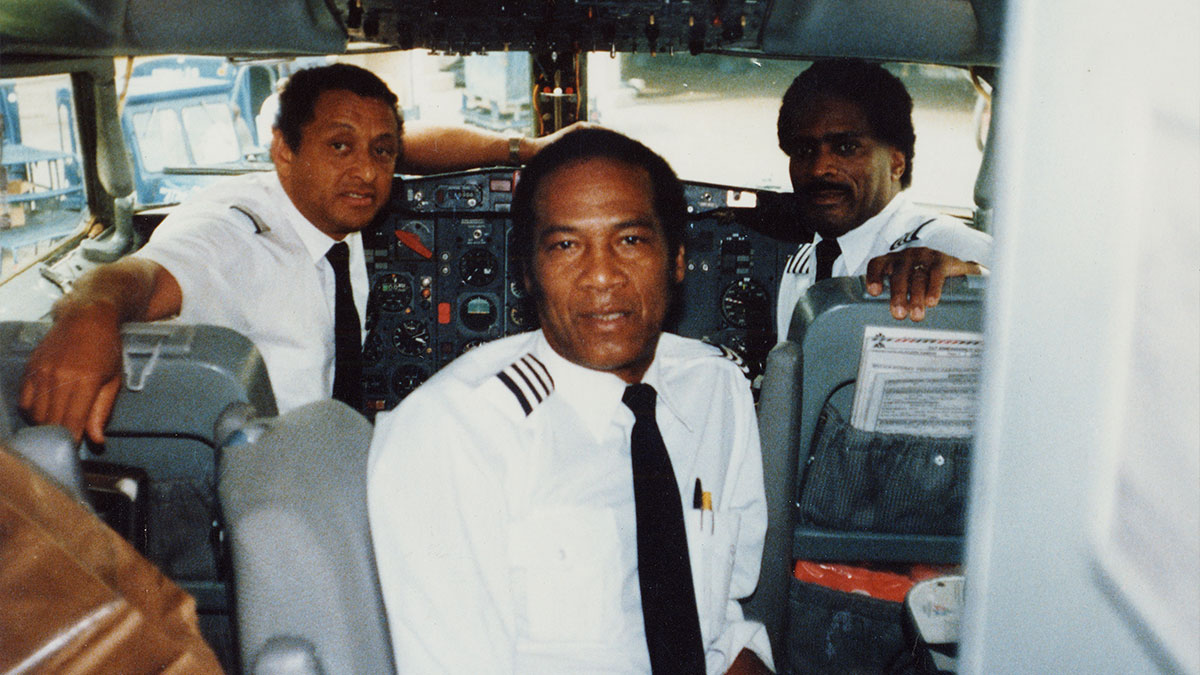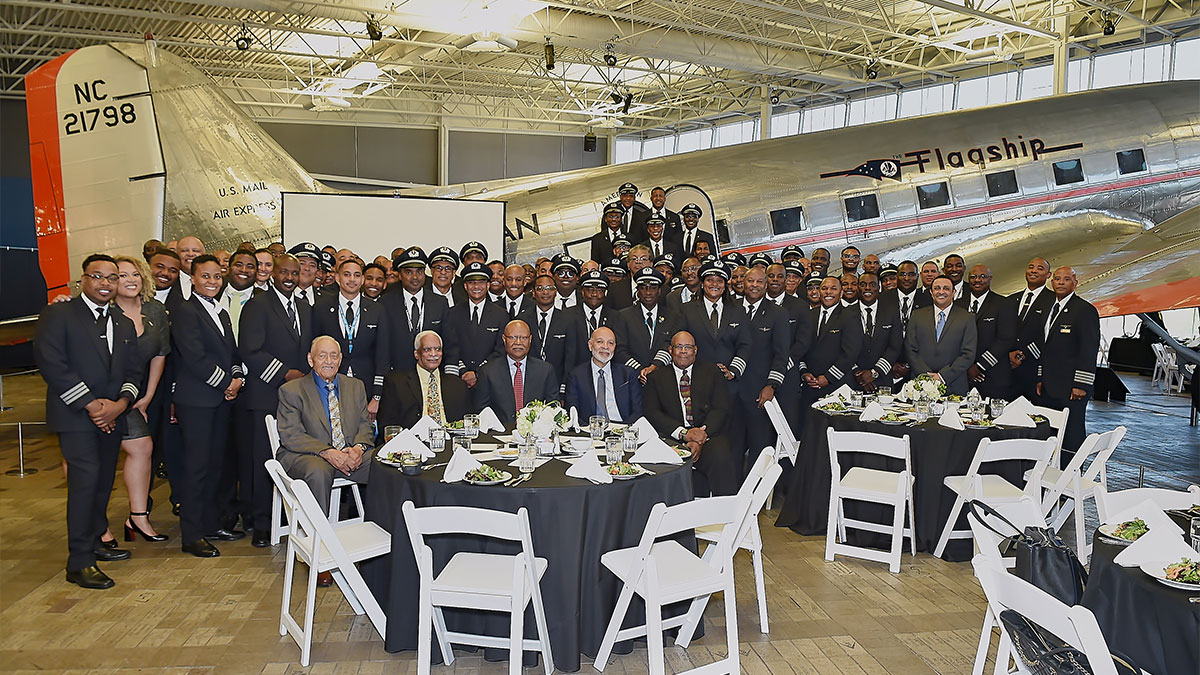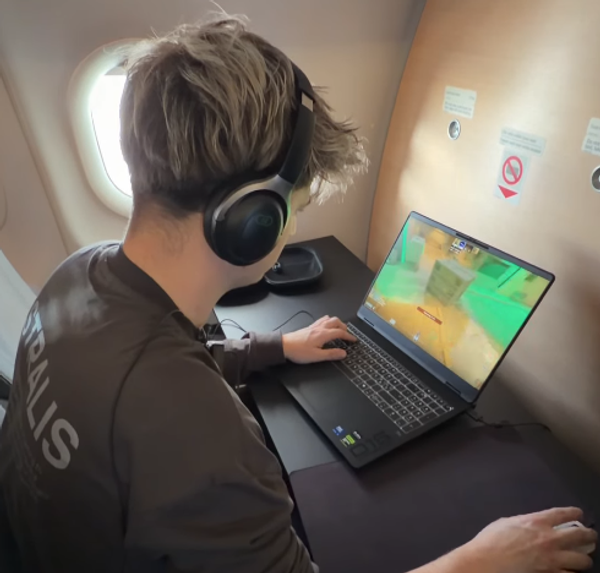On March 8, the aviation industry was saddened by the loss of David E. Harris (1934-2024), the first African-American pilot to receive the title of captain at a major US commercial airline in 1964. The Columbus, Ohio-born Harris had a storied career in the United States Air Force before switching to a commercial airline in the mid-1960s, when he was fighting through barriers regarding race.

After American Airlines appointed him a captain in 1964, many other major American commercial airlines began to hire pilots of African-American descent, including Western Airlines and United Airlines. Although Harris is no longer with us, his legacy will be remembered for his heroics breaking barriers.
Born in 1934, Harris grew up less than 90 minutes from Dayton, Ohio, the home of the Wright brothers. From an early age, Harris was interested in aviation and attempted to join the Air Force ROTC while attending The Ohio State University, but was continually rejected from joining based on racial grounds.
However, Harris enlisted in the US Air Force upon graduating from the university. He learned to fly in Texas, predominantly learning to fly Boeing B-47 Stratojets, a common jet for the USAF during the early stages of the Cold War. Rising as high as the rank of Captain, Harris continued to encounter race-based discrimination among his successes and was discharged in the hope of securing stability for his family.

However, Harris initially struggled to find work as a commercial pilot upon leaving the USAF, stating that many of his applications were being ignored or rejected immediately. Harris said, “I was perfectly aware that there weren’t any Black pilots flying with the airlines…I didn’t want to go with any airline that wasn’t really ready to hire Blacks”.
Although initially struggling to get his applications noticed, Harris caught his break after passing the Civil Rights Act of 1964, when a chief American Airlines pilot stated, “We don’t care if you’re Black, white or chartreuse. We only want to know, can you fly the plane?” After hearing this, Harris felt comfortable with the position and took the job at American.
Harris would be promoted to pilot captain three years later and remained with American Airlines for 30 years. At American, Harris flew various aircraft as modernity and new airplanes entered the industry, ranging from Boeing 747s to Douglas CD models.

During his tenure at the company, Harris was complimented for his successes and developed a strong relationship with other trailblazers in the industry. One of these was his relationship with Whitney Young of the National Urban League, in which Harris escorted his remains back to the US upon his passing.
Before his passing, Harris remained active in the airline community, serving previously as the President of the Organization of Black Airline Pilots. Employment statistics show that only about 3.2% of commercial airline pilots are of African-American descent, an underrepresented proportion of airline pilots.
EVA Air to Launch Nonstop Flights to Washington-Dulles » Bomb Threat Forces Emergency Diversion of IndiGo Flight » Delta Orders 30 Boeing 787-10, Options for Additional 30 »
Comments (0)
Add Your Comment
SHARE
TAGS
STORIES American Airlines Pilot History Diversity U.S. Air ForceRECENTLY PUBLISHED
 Bomb Threat Forces Emergency Diversion of IndiGo Flight
A security scare mid-air forced an IndiGo flight traveling from Delhi to Siliguri to make an emergency landing at Lucknow’s Chaudhary Charan Singh International Airport on Sunday morning. The diversion was triggered after a handwritten bomb threat was discovered in one of the aircraft's lavatories.
NEWS
READ MORE »
Bomb Threat Forces Emergency Diversion of IndiGo Flight
A security scare mid-air forced an IndiGo flight traveling from Delhi to Siliguri to make an emergency landing at Lucknow’s Chaudhary Charan Singh International Airport on Sunday morning. The diversion was triggered after a handwritten bomb threat was discovered in one of the aircraft's lavatories.
NEWS
READ MORE »
 Why Gogo is Refusing to Join the 'Starlink Speed Race' — And Why It's Winning Anyway
In a recent interview with AeroXplorer, Gogo's SVP Dave Falberg made it clear: Gogo isn't competing in a speed race against Starlink. Rather, it is competing in a race of reliability and integration.
NEWS
READ MORE »
Why Gogo is Refusing to Join the 'Starlink Speed Race' — And Why It's Winning Anyway
In a recent interview with AeroXplorer, Gogo's SVP Dave Falberg made it clear: Gogo isn't competing in a speed race against Starlink. Rather, it is competing in a race of reliability and integration.
NEWS
READ MORE »
 SAS Hosts Air-to-Ground CS:GO Match at 30,000 Feet via Starlink
On January 14, to prove the low-latency capabilities of the SpaceX-powered system, the airline hosted a live multiplayer Counter-Strike video game tournament at 30,000 feet.
NEWS
READ MORE »
SAS Hosts Air-to-Ground CS:GO Match at 30,000 Feet via Starlink
On January 14, to prove the low-latency capabilities of the SpaceX-powered system, the airline hosted a live multiplayer Counter-Strike video game tournament at 30,000 feet.
NEWS
READ MORE »



